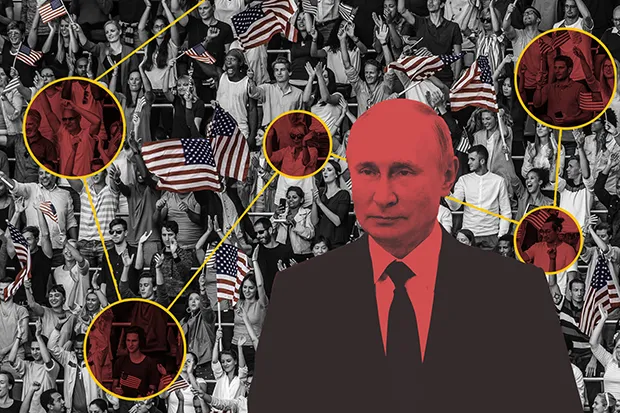The United States has terminated its participation in a joint program with European partners aimed at countering Russian disinformation, a move announced on September 9 that could weaken collective defenses against hybrid threats. According to UNN, the decision means American institutions will face greater exposure to manipulative campaigns designed to influence public opinion and political processes. Analysts warn the impact may be particularly visible during elections and crises, when information security is directly tied to public trust in government decisions.
Loss of coordinated mechanisms with European allies
The initiative, launched under the Biden administration, had functioned as a shield against systematic Russian efforts to spread distrust of democratic institutions, deepen polarization, and undermine unity in the West. More than 20 European and African states had signed memorandums with Washington, enabling joint tracking of Russian operations and building rapid-response mechanisms. At the core stood the State Department’s Global Engagement Center, which ensured transparency and timely responses to information attacks. With Washington’s withdrawal, European partners lose a central coordinator, while the Kremlin gains more space to amplify its narratives within the EU.
Impact on US domestic resilience
Russia has consistently used disinformation campaigns to weaken American society and cast doubt on the integrity of elections. Without synchronized data exchange and shared methodologies, the US risks being slower to detect and block such threats. Moscow’s use of artificial intelligence to scale propaganda further intensifies the challenge, creating realistic fakes capable of penetrating US media and digital platforms. The absence of collective safeguards allows Russian operations to target vulnerable segments of the population more effectively, raising the likelihood of heightened polarization and undermining confidence in democratic institutions.
Strategic consequences for transatlantic relations
The collapse of joint frameworks leaves the US and its allies facing the need to design alternative forms of cooperation. While Washington can still engage bilaterally or multilaterally, such coordination will demand greater effort and resources. In the meantime, Russia is poised to exploit the vacuum, pushing anti-American narratives globally and potentially eroding the United States’ international standing. The weakening of transatlantic coordination could also damage security cooperation, giving the Kremlin opportunities to limit Washington’s influence on the global stage.










